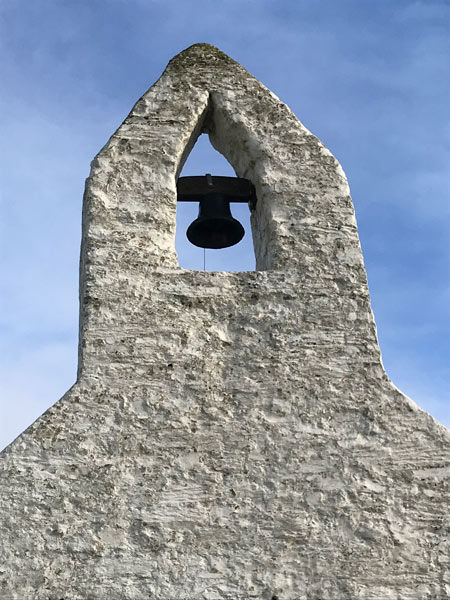Recommendations and ruminations
- Nov 29, 2018
- 3 min read
Updated: Feb 1, 2019

This is the time of year when the newspapers are full of recommendations. So here, in no order at all, are a few from the walk. Firstly, a terrific book: East-West Street, by Philippe Sands – it was non-fiction book of the year for 2017. Recommended by someone who walked with me, I was unable to put it down. The topic sounds serious, and indeed it is, but it is wrapped around a wonderful genealogical treasure hunt.
I also took a few days off during Thanksgiving and went to see The Ferryman, which has transferred from London’s West End to Broadway. Just great.
Some suggestions on great places to stay in the West Country and Wales (I stayed as an Airbnb guest in all of these, although you might be able to book directly as well). Before coming to the details, let me mention that these suggestions are based on the conviviality and hospitality of the host(s), as well as value and space, not to mention location, running hot water etc. And this is just round 1, there are many more.
- Chestnut House, in Woolavington, Somerset, run by Kerry and Mark, who are terrific hosts. A wonderful old farmhouse and a fantastic location for walking, biking, riding on the West Somerset railway, the beach… And the house, which is 17th century, has literally the best fireplace I've seen in an Airbnb.

- if you're visiting the beautiful Gower peninsula in Wales, I can heartily recommend the 1739 farmhouse in LLangennith, which is owned by Adam. Good for a sizeable group which will make their own entertainment. Scenery nearby is spectacular.
- Penny’s house in Milford Haven was just great. Her house is on Nantucket Avenue; I had no idea that Milford Haven was partly settled by Quaker whalers from Nantucket.
- Andrea’s house in Porthcawl was a rich musical experience and a lot of fun – her son is a musician and his partner is an opera singer, while Andrea plays the guitar and is a wonderful host.
- Barbara and Pete run Trellyffaint farm near Newport, Pembrokeshire. They’re New Zealanders running a fully working dairy farm. Just a great place and a wonderful couple.

A lesson, learnt the hard way, about buying petrol (gas) in England. Unless you are ostentatiously rich, do not buy at the motorway service stations. Drive a mile off the motorway to a supermarket, and save a lot.
Water in boots can be depressing, especially when you put them on the next morning. Having good quality boots stops the water getting in from deep puddles, but if you're wearing shorts, it comes in through the top very quickly. Boots take a surprisingly long time to dry out. Lesson: wear protective rain trousers when entering zones like Wales...
Welsh words for wind
Finally, you know the Inuit have many words for snow. I can only assume that the same applies in Welsh for the different types of wind. I looked up a few words and was intrigued to see how the words double up as indicators of “frequency”.** For example:
Still/no wind – “dim gwynt” This can also be roughly translated as “once in a blue moon” – so rare that you’ll remember the place/occasion for the rest of your life. Like seeing the snow leopard in the wild or experiencing a total solar eclipse.
Gentle breeze: “awel ysgafn” Also translatable as a rare occasion to be relished, and where you might struggle to remember the exact date when it happened before, although you’ll remember the place - like the first time you met your partner.
Howling gale: “galeu calon” Regular, normal occurrence. Rather like Mondays, for example. Not to mention Tuesdays, Wednesdays…
** Welsh speakers may not recognize these extended definitions. I ask them to consider them as suggestions as the language evolves.




Comments